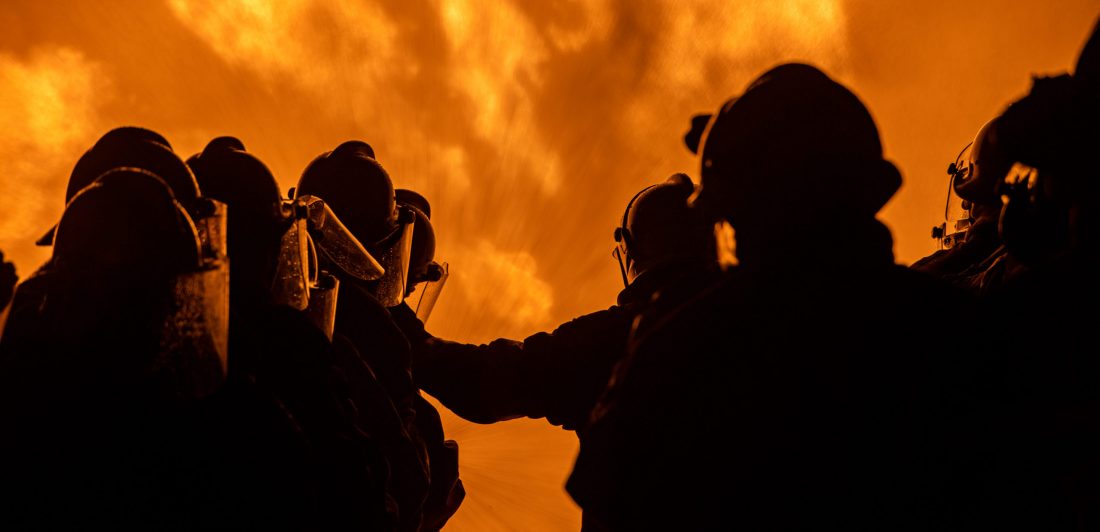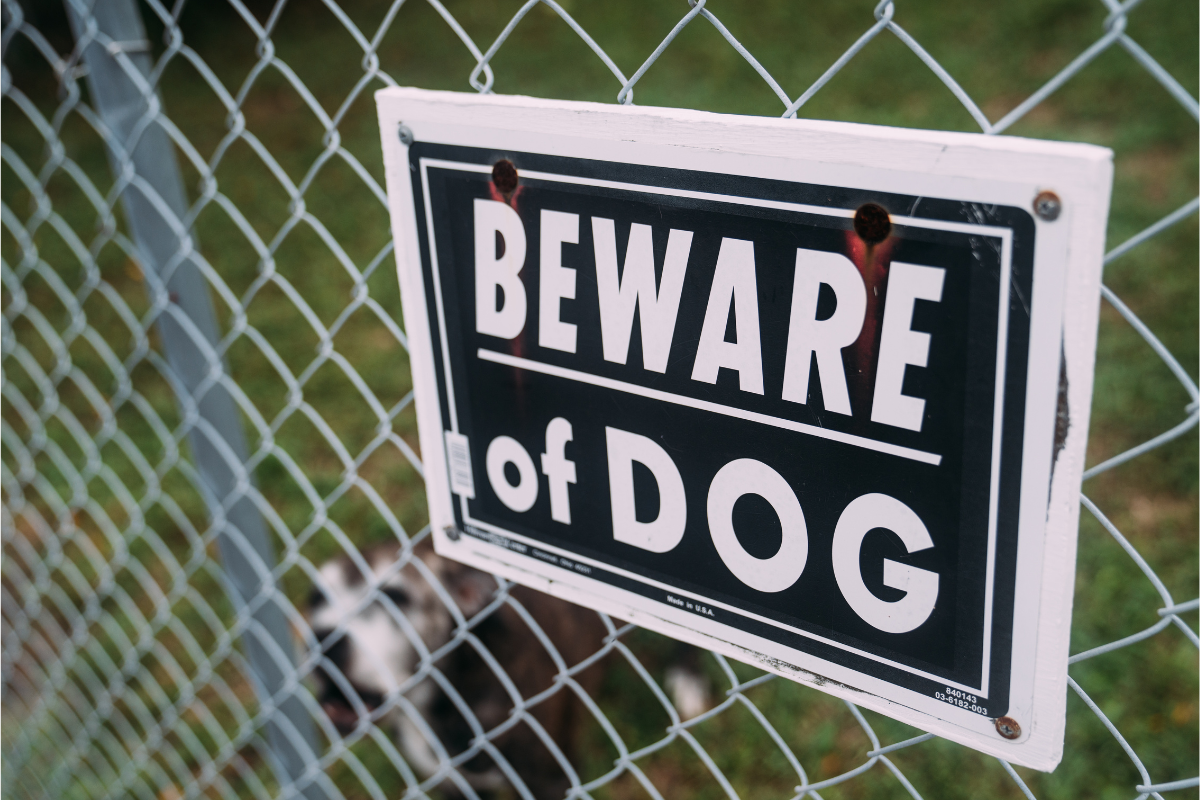Being a firefighter comes with a lot of risks. As part of the job, you are saving people from burning buildings, helping evacuate community members during wildfire outbreaks, and so much more. For many, becoming a firefighter is a dream come true. Firefighting is a career with the sole purpose of saving lives by putting your own at risk. However, one risk that shouldn’t be included is the risk of developing cancer from products used while carrying out the job’s duties.
Firefighters nationwide have a growing concern about a potential on-the-job hazard they say they face. Many firefighters have filed lawsuits against 3M alleging the firefighter foam they spray to put out fires is making them sick.
What is Per-and Polyfluoroalkyl Substances?
Per-and Polyfluoroalkyl substances (PFAS) is a man-made chemical that has been utilized in industry and consumer products worldwide since the 1950s. These chemicals have been found in common products such as the following:
- Non-stick cookware
- Water-repellent clothing
- Stain-resistant fabrics
- Carpets
- Cosmetics
- Firefighting foams
- Products that resist grease, water, and oil.
However, the same qualities that make PFAS compounds so useful also make them indestructible. Known as “forever chemicals”, perfluoroalkyl substances don’t break down in the environment. In other words, these chemicals contaminate drinking water, soil, and people. Those who live around military bases are particularly affected by contaminated water supply.
At this point, most people in the United States have been exposed to chemicals in the PFAS family. In fact, there are as many as 5,000 water reservoirs serving millions of homes, globally, that are likely contaminated as well.
Why are Firefighters Suing 3M?
A group of 15 Massachusetts firefighters filed claims against equipment makers and distributors in federal court over the presence of PFAS in their equipment. According to the lawsuit, the firefighters, who retired or are currently working for fire departments in Boston, Brockton, Worcester, Fall River, and Norwood, have been diagnosed with or treated for cancer.
Firefighters allege that aqueous film-forming foam (AFFF) manufacturers including 3M, Chemours, and Dupont knew that the foam and protective gear contained dangerous chemicals and the health risks involved. However, the companies failed to warn users. The plaintiffs don’t place blame on the fire department they served but are seeking damages from companies that make firefighting foam.
3M was Aware of the Harms of PFAS
For decades, 3M was aware of the dangers presented by these industrial chemicals. A lawsuit filed by Minnesota against 3M revealed that the company was aware of the dangers of PFAS.
In addition to these forms of records, there is a scathing resignation letter from a former 3M environmental specialist accusing the main officials of being “unethical” and more “concerned with markets, legal defensibility, and image over environmental safety” when it comes to PFAS.
How Can Someone Be Exposed to PFAS?
Due to the variety of use and production, as well as their ability to persist in the environment, the Centers for Disease Control and Prevention (CDC) show that most people in the United States have been exposed to some PFAS. Although some of the exposures are relatively low, some PFAS chemicals can accumulate in the body over time.
Current research has shown that people may be exposed to PFAS through the following sources:
- Drinking water contaminated with PFAS;
- Working in occupations such as firefighting or chemicals manufacturing and processing;
- Eating certain foods that may contain PFAS, including fish;
- Breathing air containing PFAS;
- Using products made with PFAS;
- Using products packaged in materials containing PFAS; or
- Swallowing contaminated soil or dust.
In addition, firefighters aren’t the only people who might use AFFF while on the job. A wide variety of industries rely on the foam, and it is commonly kept on-hand at places like:
- Airports
- Municipal services
- Military bases
- Mining facilities
- Oil refineries
- Shipyards
- Warehouses
- Offshore platforms
- Petroleum processing facilities
What are the Dangers of PFAS?
Additional research may change our understanding of how the family of perfluoroalkyl substances can negatively impact people’s health. Currently, the Environmental Protection Agency’s (EPA) peer-reviewed studies have shown that exposure to PFAS may lead to:
- Increased risk of cancer, including kidney, prostate, and testicular cancer;
- Reproductive effects such as decreased fertility or increased high blood pressure in pregnant women;
- Interference with the body’s natural hormones;
- Increased cholesterol levels and/or risk of obesity;
- Reduced ability of the body’s immune system to fight infections, including reduced vaccine response.
- Low birth weight in children
- Developmental effects or delays in children, such as accelerated puberty, behavioral changes, or bone variations.
How Does PFAS Affect Women Firefighters?
Unfortunately, women firefighters are often overlooked in studies involving firefighters and the effects of PFAS. However, in the studies that have been done, researchers identified a correlation between women firefighters developing breast cancer at much higher rates than their non-firefighter female peers.
How can The Carlson Law Firm Help?
Dealing with an illness is life-altering. Not only are you faced with immediate changes to your life, but the long-term effects can completely change your lifelong plans. If you or someone you know suspects PFAS chemical contamination as the reason for their cancer diagnosis, contact our office today. Our compassionate mass torts department will be happy to help you understand your legal rights and will fight tirelessly for your rights.
We are investigating claims nationwide in regards to the adverse health effects from PFOA and PFOS contaminated water near military installations. We are available 24/7 and offer free consultations. We care and we can help.




